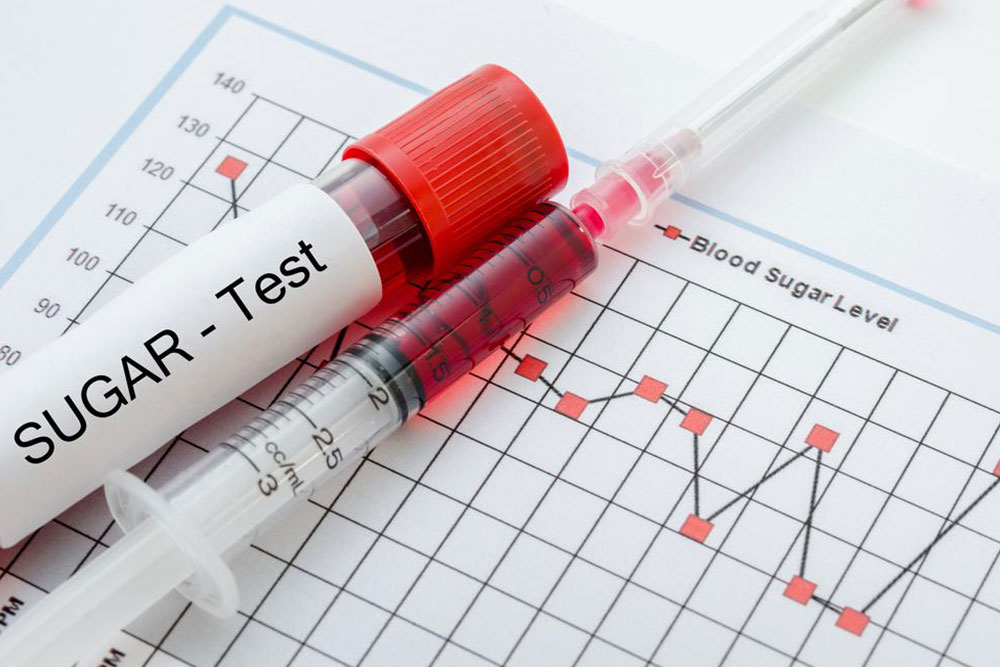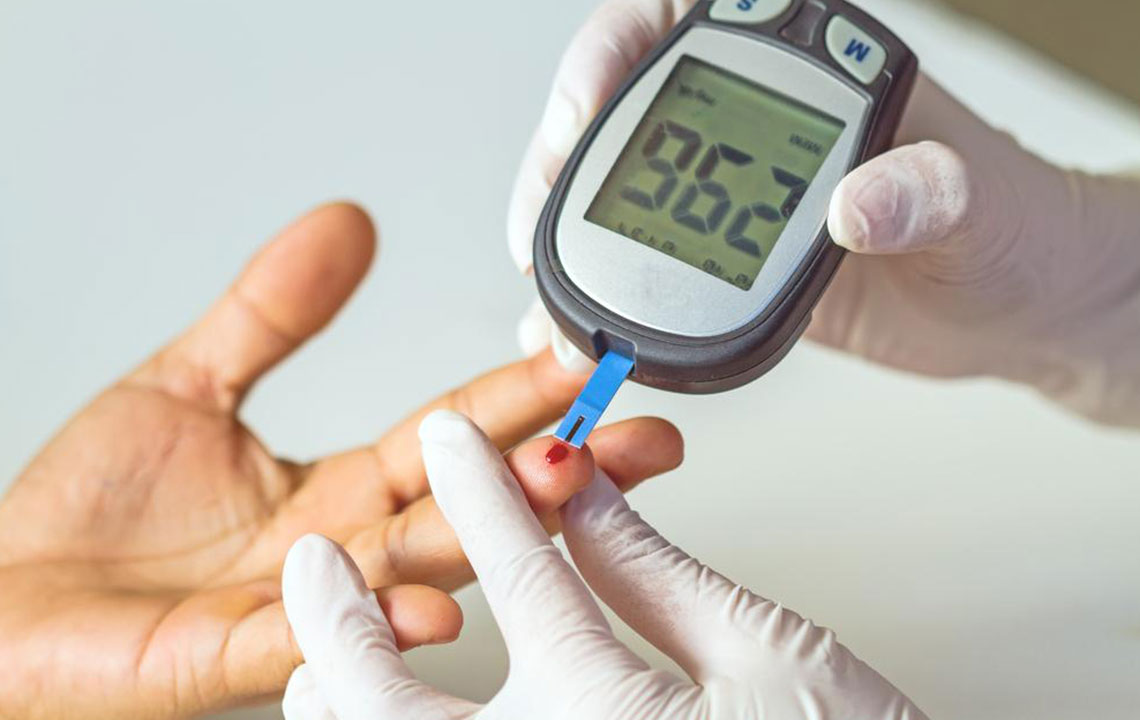Key Insights on Managing Blood Glucose Levels
Learn essential facts about blood glucose levels, how to monitor and maintain them, and the importance of lifestyle choices. The article provides guidance on healthy habits and when to seek medical help for abnormal blood sugar levels.

Essential Information About Blood Glucose Levels
Blood sugar levels fluctuate throughout the day influenced by diet, physical activity, and other factors. Monitoring these levels at various times using a standardized chart helps in making timely health decisions.
Normal blood sugar ranges: During fasting (no food for at least 8 hours), blood glucose levels typically fall between 70 and 99 mg/dL.
After eating, blood sugar levels are generally below 140 mg/dL two hours post-meal.
Tips for maintaining healthy blood sugar: Achieving and sustaining normal levels involves overall health management and blood pressure control. Tailored diet plans, medication, and lifestyle adjustments are vital.
Adopt a nutrient-rich, balanced diet that includes fruits, vegetables, and omega-3 fatty acids.
Include foods with high natural sugar content to prevent low blood sugar.
Regular exercise, reducing processed foods, consuming healthy carbs, and ensuring adequate rest are crucial for maintaining optimal blood sugar levels, whether high or low. If readings fall outside normal ranges on the chart, consult a healthcare professional promptly. Persistent imbalances can lead to serious health issues like cardiovascular problems, kidney damage, seizures, or unconsciousness if untreated.










